10 tech bets for 2013: what's most likely to happen?
The odds on this year's top tech topics
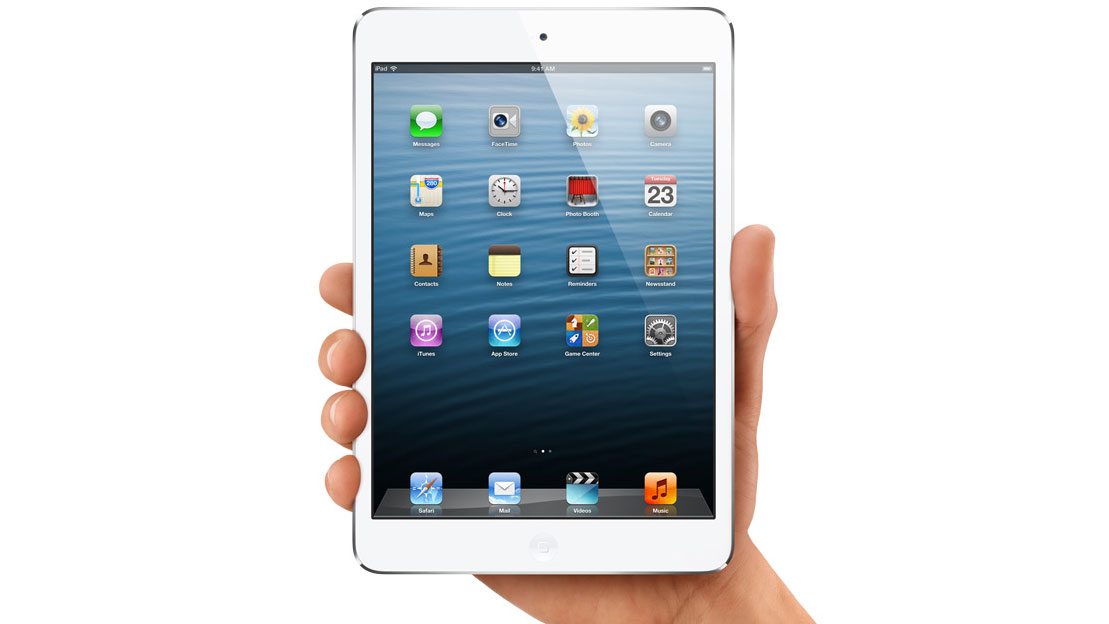
Predicting the future can be a tricky business: Popular Mechanics told us that the fully-automated home was just around the corner in 1939, and we're still waiting.
And, famously, the Back to the Future trilogy reckoned we'd have flying cars and hoverboards by 2015. If only.
But 2013 is upon us now, so what will be the top tech stories of the year? We've picked out a few to reckon on, and some others you shouldn't.
What are the odds of them actually happening? Let's find out.
1. Apple releases iPad mini 2 with Retina Display
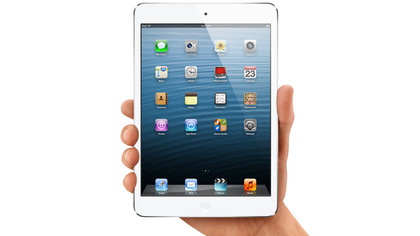
Why:
It's the one weakness in Apple's otherwise-excellent little tablet, and if Apple can do it in phones, iPod touches, iPads and MacBooks, then it can cram one into the iPad mini too.
Why not:
Get daily insight, inspiration and deals in your inbox
Sign up for breaking news, reviews, opinion, top tech deals, and more.
Retina Displays are more complicated and need more power than non-Retina ones, and that means heavier, more expensive devices. Hands up who thinks the iPad mini needs a price hike?
The odds:
2/1. We know it's going to happen, and we don't want to pay out too much when it does.
2. BlackBerry 10 saves RIM and puts BlackBerry back on the mobile map
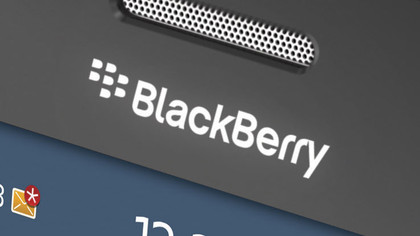
Why:
It's a lovely operating system, a big step forward, and the hardware's looking pretty tasty - and both enterprise customers and BBM-crazed teens love their BlackBerries. The BlackBerry's back, baby!
Why not:
RIM's in deep, deep trouble and BB10 should have shipped in 2012.
Apple and Android are bigger players than BlackBerry now, and nobody's pulled off this kind of recovery since Steve Jobs returned to Apple. RIM doesn't have a Steve Jobs.
The odds:
7/1. We hope it happens, but we wouldn't bet our shirts on it.
3. Windows RT falls flat
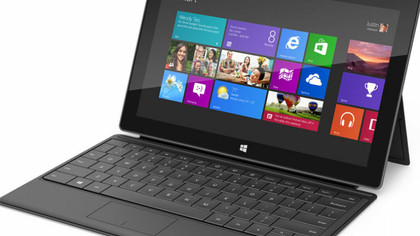
Why:
Microsoft upset its OEM partners by making its own Surface, whose sales are currently behind target, and many Windows RT tablets have been delayed.
At the time of writing, Facebook and Google don't see Windows RT as worth writing apps for, consumer reaction has been lukewarm and businesses aren't interested.
Why not:
Microsoft is coming from a standing start here, so of course it isn't going to do iPad numbers in the first couple of months.
OEMs will come on board and consumers will get the message.
The odds:
5/2. It's looking a bit shaky right now.
4. Chromebooks sell in significant numbers
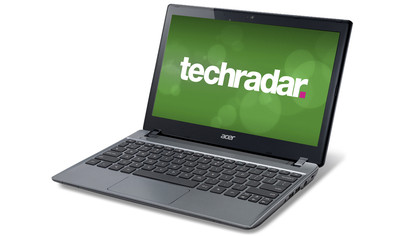
Why:
Google's Chrome OS gets better with each release, and there's a decent range of kit to choose from, much of it at rock-bottom prices.
In these tough times, cheap laptops should be an easy sell.
Why not:
You can't make a brilliant laptop and sell it for £200 - but you can make an excellent tablet and sell it for considerably less.
If we had £200 we'd buy a Nexus 7 and a keyboard. Sales figures suggest you would too.
The odds: 7/2. Your kids want a tablet.
5. Seven-inch tablets dominate the tablet market
Why:
All the benefits of full-sized tablets without the drawbacks: they're lighter, more portable and much, much cheaper than their bigger brothers and sisters.
Why not:
They don't always have the cutting-edge tech of the larger tablets, so, for example, an iPad mini is closer to the tech of an iPad 2 than the current iPad. Some cheap tablets are pretty nasty.
The odds:
2/1. We saw the Christmas queues for titchy tablets.
6. Android outsells Apple - not just in phones, but in tablets too
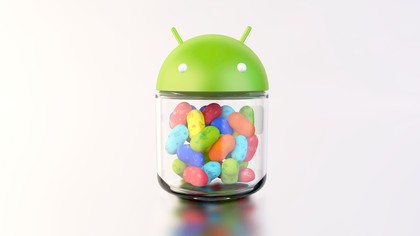
Why:
Not everyone wants an iPhone, likes iOS or wants to pay Apple prices. Android has more manufacturers making more models at more price points than any other mobile operating system. These days it's bloody good, too.
Why not:
In tablets, Apple dominates the market, and the iPad mini should help sell a lot more iOS devices. Apple's widening the range to meet a wider range of budgets, and it has a cool factor that Android lacks.
The odds:
2/1. It happened in phones, it'll happen in tablets.
7. Windows Phone becomes the third biggest mobile platform
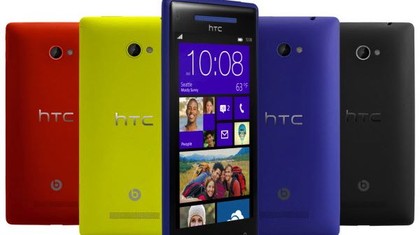
Why:
Windows Phone 8 is really nice and the phones are good too: it's a proper alternative to iOS and Android, and RIM's misfortunes could be an opportunity for Microsoft to regain some of its lost mobile market share.
Writer, broadcaster, musician and kitchen gadget obsessive Carrie Marshall has been writing about tech since 1998, contributing sage advice and odd opinions to all kinds of magazines and websites as well as writing more than a dozen books. Her memoir, Carrie Kills A Man, is on sale now and her next book, about pop music, is out in 2025. She is the singer in Glaswegian rock band Unquiet Mind.
